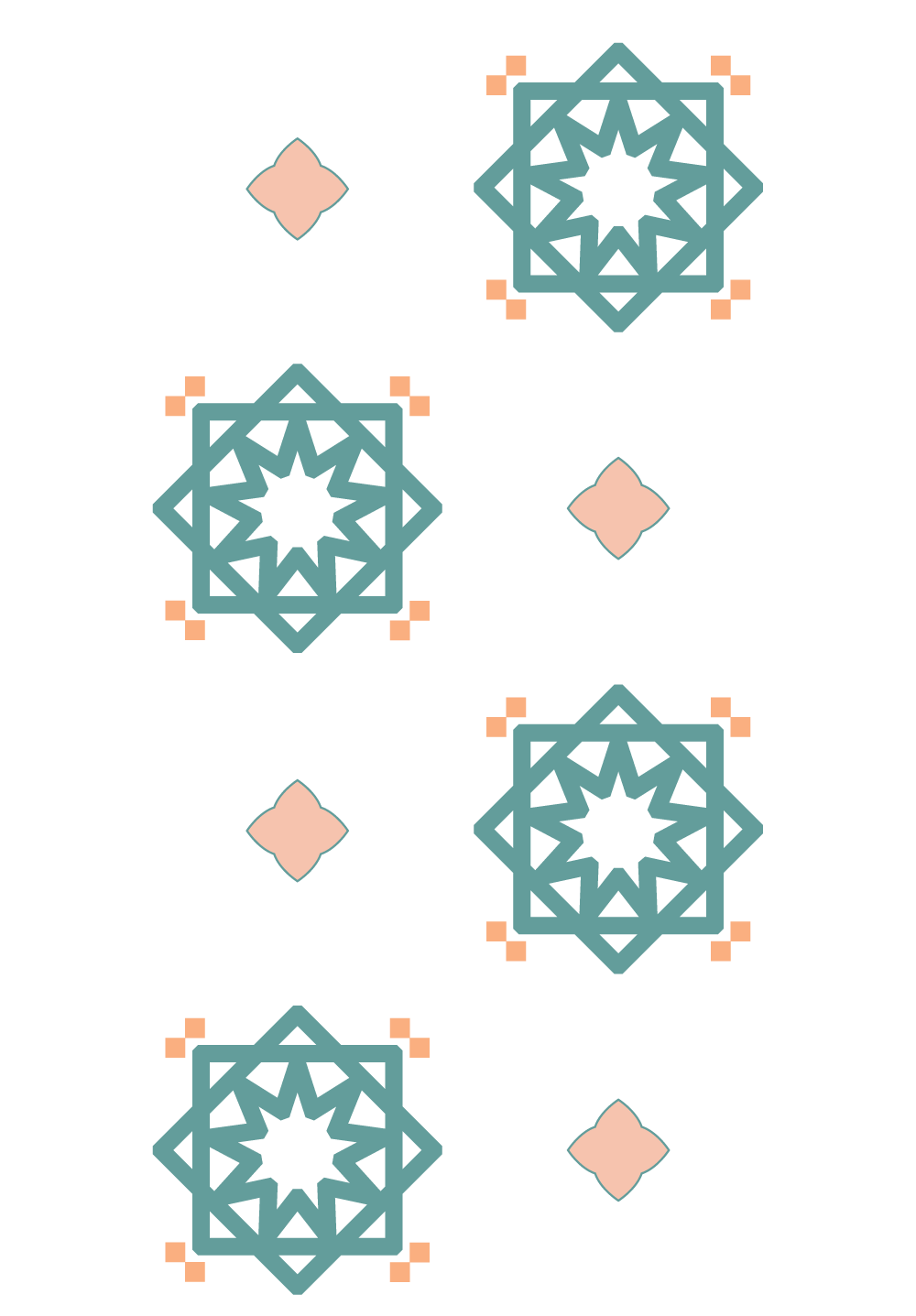

Over the decades, Al Musaharati (Abu Tbila’ah in the Emirati accent), has been playing a pivotal role during the Holy Month of Ramadan. He tries to wake people up to have their Suhoor and prepare for fasting. Children love him and gather around him. The elderly respect him and appreciate his major role in chanting words that give Ramadan a spiritual twist like no other months. We will know together, how did the story of Al Musaharati start to give Ramadan’s night its glorious like no other nights of the whole year.
“Wake up, Sleeper and worship God. Wake up, Sleeper and have Suhoor. Wake up, Sleeper for it is better than sleeping.”
“Wake up, Sleeper and worship God. Wake up, Sleeper and have Suhoor. Wake up, Sleeper for it is better than sleeping.”
These words are well-known by parents in the Arab world. They know them by heart. It was part of their childhood during the cozy Ramadan nights. They used to wake up every night to the chants of Al Musaharati (the person who walks and beats the drum in residential areas to wake people up to eat their Suhoor, a meal eaten before fasting in Ramadan. Al Musaharati is the most prominent character of Ramadan. Let’s know his story together.
The first Mosaharati
According to documents, Bilal bin Rabah was the first to wake people up at night by knocking their doors to remind them to have Suhoor. Prophet Muhammad, PBUH, noticed that people were not comfortable with identifying mealtimes. He ordered Rabah to recite Maghrib prayer to tell people it’s time for Iftar, while Abdullah bin Maktoum was ordered to recite Fajr prayer to inform people that it’s time for fasting. Afterwards, the idea of Musaharati was developed over consecutive Islamic eras and turned into a profession for those who chant poems with a smooth sound and know their area’s residents well. The beginning was at the Fatimid era in Egypt.
The Fatimid era
The profession of Al Musaharati began in the Fatimid era in Egypt by Al-Hakim bi-Amr Allah Al Fatimi. He ordered people to sleep early, after the Taraweeh prayer (prayers performed by Muslims at night after the Ishaa prayer during the Holy Month of Ramadan). He also ordered his soldiers to wake people up for Suhoor by knocking at their doors. Otbah bin Ishaq was the first actual Musaharati in Egypt. He used to wake people up in Al Fustat area, reciting the words of Prophet Muhammad, PBUH, “Eat Suhoor, for in Suhoor there is blessing.”
Abbasid era
The profession of Musaharati started to take its current form in Baghdad during the Abbasid era. Families innovated Al Hijazi art and Al Qouma art – both folk arts. With the urban expansion and increase of inhabitants, Al Musaharati started using musical instruments to alert the largest number of people possible. In Egypt, Ibn Noqthah was the first professional Musaharati. His job focused only on waking up Al Nasir Muhammad. His son inherited this job. The use of musical instruments by Al Musaharati increased during this era, especially in Baghdad. In Egypt the profession was linked to the art of storytelling and popular stories, especially those that have wisdoms related to the Egyptian culture.
Modern age
The profession of Al Musaharati maintained its importance over various Islamic ages and propagated in the Arab region, which acknowledged the importance of Al Musaharati’s job. However, they disagreed on how it’s done. Every nation added its own touch to the profession, from chants, songs, stories, musical instruments such as the tambourine and drums. The drums were the most popular instrument for Al Musaharati in several Arab countries including Egypt and the UAE, where he was named as “Abu Tbila’ah.” This refers to the small drum he used, also known as “Al Baz’ah.” The uniform of Al Musaharati differed from one country to another. However, most of the time they were all themed with the heritage and traditional outfits of the country.
Senior writers and poets started later to add a literature touch to the profession, by innovating poems, sayings, and songs for them. Among the most popular statements were the words of the Egyptian poet Fouad Haddad, composed by the renowned musician Sayyed Mikkawi in 1964. It said, “Every part of my country is part of my heart… part of a Lyrical, my job is Musaharati, and I’m roving the country.”People started doing the job and inherit it, as well as the words used to wake people up. “I learned the job from my father. I used to accompany him while roaming the streets to wake people up. I became attached to it, thanks to the people’s appreciation and celebration to our efforts and unique way of alerting people before Fajr prayer. He used to roam the same district four times every night. Every time he used different words. In the first round, he said ‘Dear sleepers, remember God who created the wind, the night is over, and the morning is coming. Drink fast, the morning has come.’ On the second round, he said ‘Have Suhoor, may God bless you and forgive you. Eat from his blessings and do well.’ On the third round he said, ‘Dear God, the manager of days and nights, the creator of day and light, sleeper’s resort of generosity and honour.’ On the fourth round he said, ‘Eat and drink fast, the morning is near. Remember God, thank him and pray to him.’ Nowadays, I use less words, due to the expansion of streets. These words are, ‘Dear worshipers of God, Allah is one.’ … ‘Have Suhoor, let the Prophet PBUH visit you,’’ said a Musaharati.
In Sudan, the Mosaharati roams around with a child holding lantern and notebook. They rove the district while calling the residents by their names, saying “Beautiful people, wake up and have Suhoor. Intend fasting. Wake up and worship God.”Waking up people to Suhoor in Somalia starts by a group of youth roaming the streets while saying, “Suhoor.. Suhoor, Suhoor.”In Saudi Arabia, the Musaharati roams the old streets, saying “Wake up and worship God. Dear God, help us fast and preserve our faith.”In the UAE, the Musaharati used Al Baz’ah while roaming the streets before Fajr prayer. He said, “Dear sleeper, have Suhoor. Wake up, for it’s better than your sleep.”The Musaharati in Syria and Palestine used to call the residents by their names, saying, “Dear sleeper, wake up and worship God. Wake up, Abu Hamed, wake up, Abu Siyah.”